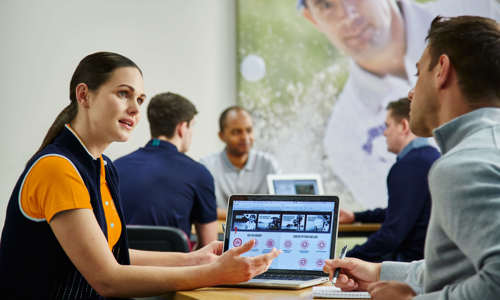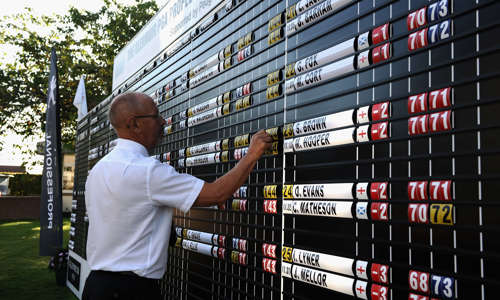What areas of work or achievements stand out to you over the years?
In 2015 I had the opportunity to be a National Coach in Hong Kong, which I did for three years, and it was one of the most rewarding experiences I have had as a coach.
Over time, through working and building a cohesive team of local PGA coaches, we created a meaningful programme from schools’ golf right up the chain to professional level. Hong Kong had never produced a Tour winner in its history or any players on Tour, however, for me, the main objective was not to create a champion golfer, but to help players in the programme develop a lifelong passion for the game and to grow as people.
So many players get burned out in national programmes and leave the game feeling like they have failed as people. Only a very small percentage of players ever make a career on Tour, but all of these players are potential future PGA Pros, club managers, junior organisers, club committee members or just passionate golfers.
I am very grateful that despite finishing my time in Hong Kong in 2018, many of the players that I worked with still engage me as their coach and I see them all as part of my extended family. It was terrific to see one of these players, Taichi Kho, transform from a talented 15-year-old junior to becoming Hong Kong’s first ever winner on Tour earlier this year and competing at this year’s Open Championship at Royal Liverpool. There is a solid group of players coming through now, so I’m sure he will be the first of many.
However, the most rewarding experience to date has been the Elite Performance Coach Certification Program that I developed. Because it is delivered online, it has allowed me to interact with coaches from Brazil to Finland, and from America to Australia. Helping other coaches and inviting world renowned coaches to be co-presenters on the course, has not only enriched my knowledge, but also my passion. Helping others, whether it is players or coaches, is truly the most rewarding part of my job.




































